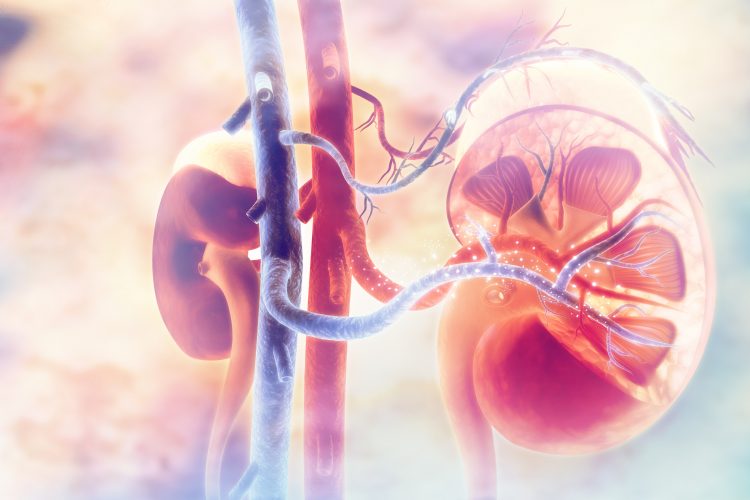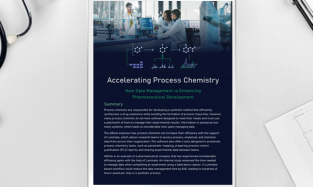Lithium treatment and GKS3 suppression could lead to kidney failure
Posted: 24 January 2019 | Iqra Farooq (European Pharmaceutical Review) | No comments yet
Researchers have warned that certain psychiatric medications and treatments for bipolar disease could lead to the development of kidney failure…


A ‘master regulator’ enzyme in kidney function has been identified; if excessively suppressed, this can trigger renal failure. The results of this study could implicate the use of existing drugs and the development of future ones.
International researchers led by the University of Bristol looked at the activity of GSK3 (Glycogen Synthase Kinase 3), an enzyme that affects the function of podocyte cells. These cells are in the Bowman’s capsule in the kidneys and play an important role in the function of the glomerular, forming a filtration barrier to help filter blood.
The GSK3 enzyme prevents the body from leaking protein into the urine – and thus preventing the development of kidney failure. Two forms of it exist in the human body, and when both these forms are excessively suppressed the enzyme is not readily available which is highly detrimental to the kidney during development and when it is fully mature. This also increases the likelihood of renal failure.
A commonly used psychiatric medication, also used for bipolar disease, lithium, is known to suppress GSK3. Reports suggest that patients taking this medication at high doses or long term, have been shown to leak large amounts of the protein into their urine, developing kidney failure. As such, they often need to undergo dialysis or even a kidney transplant.
“We think that patients who are taking lithium treatment now should regularly have a simple urine test to measure the amount of albumin they are excreting, as too much albumin is a sign of kidney disease” said lead author Dr Richard Coward, Professor of Renal Medicine and Consultant Pediatric Nephrologist at Bristol Medical School and the Bristol Royal Hospital for Children and the University of Bristol.
“If these patients have increased levels of protein in their urine, they should consider reducing their dose of their lithium or switching medications. We think this could prevent some of them from developing kidney failure.
“Our research further suggests that it would be sensible to try and develop drugs that selectively inhibit one of the two forms of GSK3.”
The authors have urged pharma companies to ensure that during the development of drugs, they ensure that the drugs do no over-suppress both forms of GSK3.
The findings of the study were published in the journal Nature Communications.
Related topics
Clinical Trials, Drug Development, Manufacturing, QA/QC, Research & Development (R&D)
Related organisations
Bristol Medical School, Bristol Royal Hospital for Children, University of Bristol









